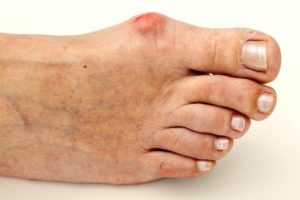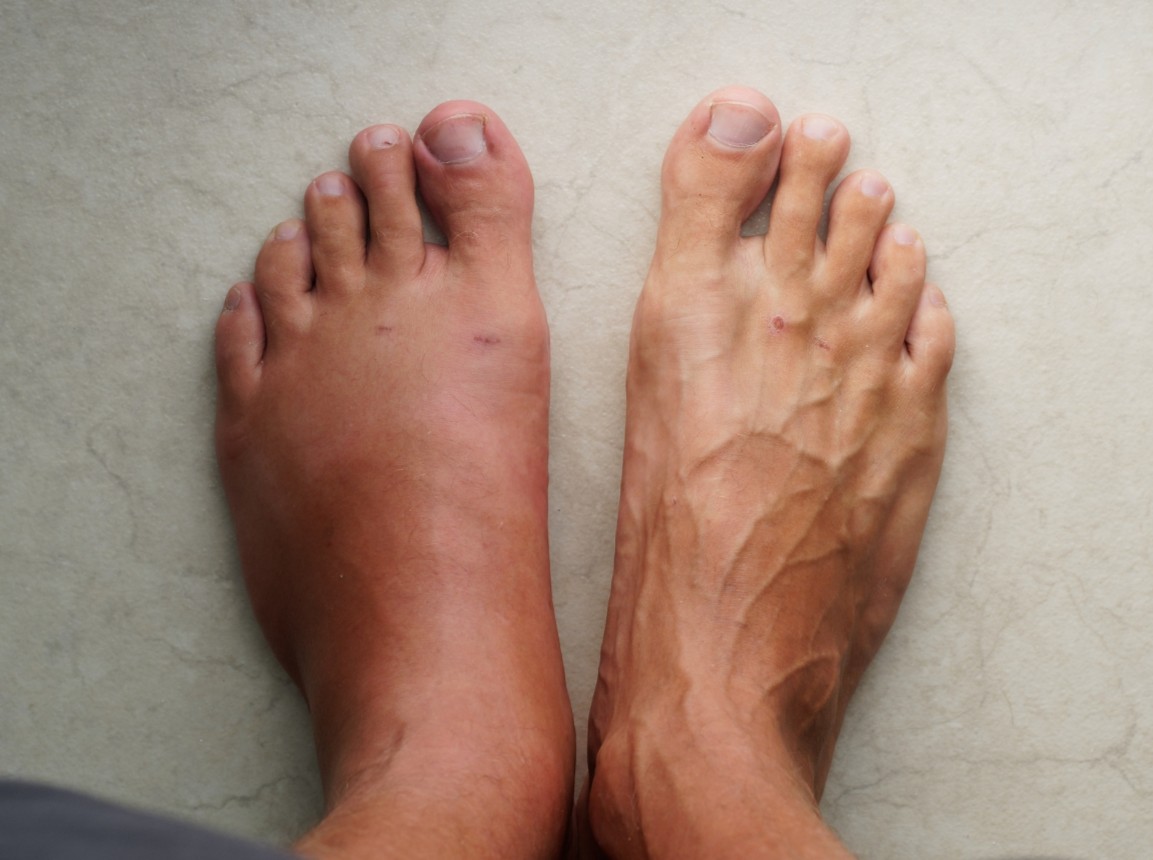Are you worried about your bunions?
Summer is fast approaching which means it’s time to whip out the sandals and open-toed shoes! Usually along with this seasonal change, we see an influx of particular issues and concerns flooding into our clinic. Today we thought we’d talk about a big one of these – bunions!
What is a bunion and how does it occur?
We see a fair few women (and occasionally men!) who have noticed that bump on the big toe developing and getting bigger – which for some begins to impact on the kinds of shoes they are able to fit and comfortably wear. Mostly, they’re unhappy with the way their feet are starting to look.
A bunion, or as we medically call it
Hallux Abducto Valgus (HAV), describes an altered alignment of the big toe joint where the long metatarsal bone points outwards and the phalanx (toe bone) points inwards towards the other toes which creates a bulge on the inside of the foot at the joint. Bunions are very much progressive, meaning they worsen over time. But once the bunion starts forming, it will likely progress unless something changes (meaning
you change it!).
While in the early stages a bunion may remain relatively flexible, over time the surrounding ligaments and tissues adapt, shorten and lengthen accordingly. This is why over time, the bunion can become fixed in its position.
What causes bunions?
Think of anything that squeezes the toes or puts greater pressure and force through the big toe joint – that could be a cause! Generally, bunions are thought of as having some genetic predisposition, meaning the run in the family, are more common in women than men (probably because of the tight narrow shoes), and are thought to be linked with a mechanical instability at the big toe joint. Other contributing factors include:
- Poorly fitting footwear – especially when it’s too tight across the front of the foot!
- Regularly wearing high heels
- Flat feet
- Increasing age
- History of injury to the big toe joint
- Arthritic conditions
What are the signs and symptoms?
Aside from the obvious change in appearance (protrusion) of the big toe joint, you may also experience:
- Pain at the big toe joint
- Redness
- Swelling
- Thickened skin around the big toe joint
- Pain on bending the toe
- The bigger toe pushing into the lesser toes (which may begin to overlap the lesser toes)
How can we help treat bunions?
Because bunions get progressively worse over time, starting to work on bunions early is key! In order to know what we can do to help you with your bunions and the best course of action, we start by a thorough assessment of the joints, the surrounding structures and importantly how much motion and flexibility there is through the joint. After this assessment, we’ll be able to thoroughly explain your options and how you can get the best results. Part of the assessment will be identifying factors contributing to the progressional of your bunions, including any foot biomechanics that causes increased loading through your big toe joint, and correcting those biomechanics. We’ll also go over all your footwear and foot care needs. Just because you may currently have a bunion doesn’t mean that there aren’t shoes out there that can still make your feet look and feel great!
Come in and have a chat with our friendly team today!
09 523 2333



.jpg)